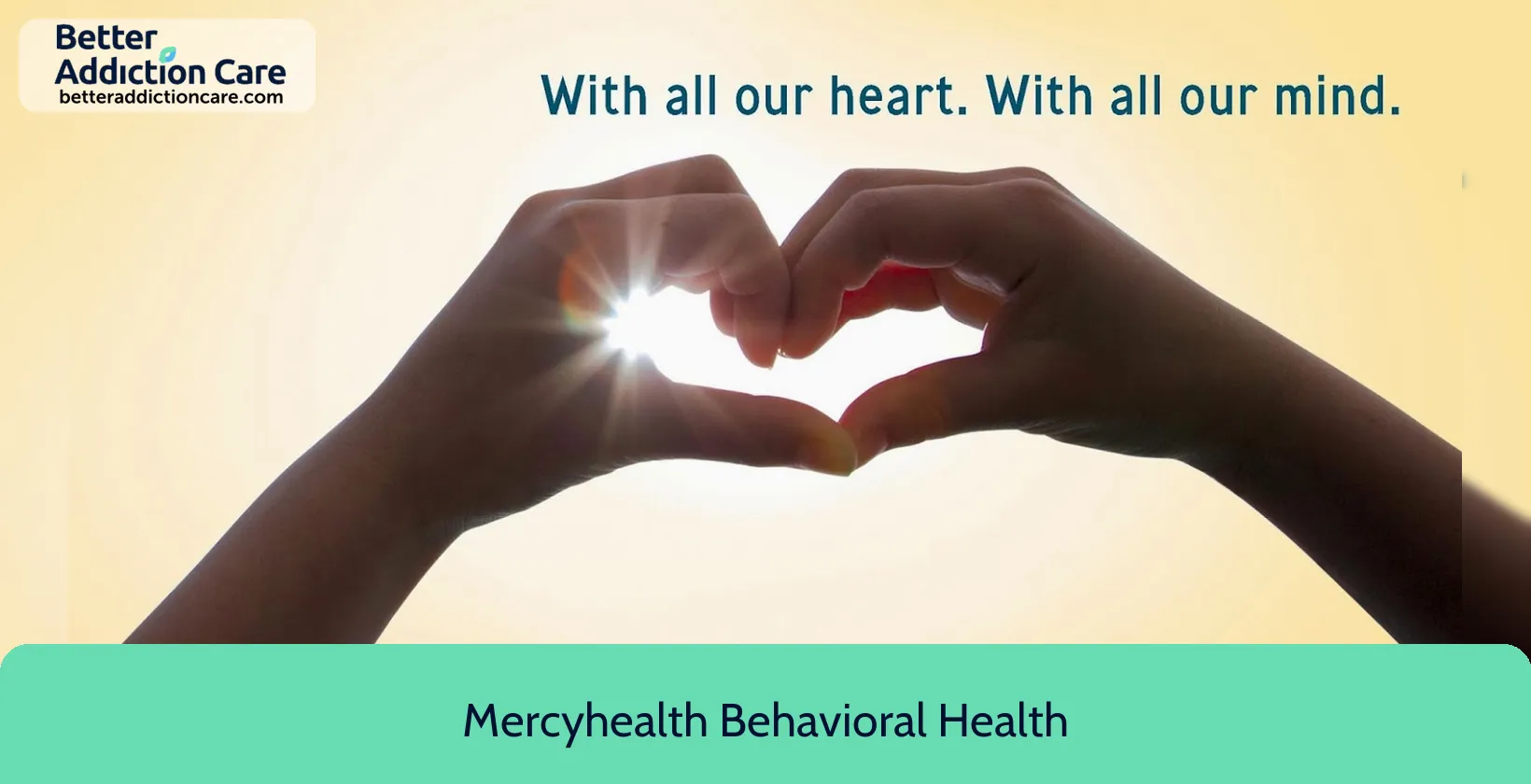
Overview
The private drug and alcohol rehabilitation center Beloit Comprehensive Treatment Center is situated in Beloit, Wisconsin, and specializes in treating a variety of substance use disorders, with an emphasis on opioid addiction. Among the many services they provide is medically supervised withdrawal management, which enables customers to safely go through detoxification. They also provide flexible outpatient addiction treatment, which enables patients to continue living at home and taking care of their daily obligations.
Specialty programs at Beloit Comprehensive Treatment Center are designed to address the particular requirements of certain groups. These programs provide women-specific treatment that is tailored to their unique needs throughout the recovery process from addiction. Men may also get therapy according to their gender. In order to provide care for those with hearing impairments, the clinic also offers accessible addiction treatment utilizing sign language and other modified communication techniques.
This treatment facility does more than just cure the symptoms of addiction. To encourage complete recovery, their residential programs provide a safe, engrossing setting devoid of outside distractions.
Beloit Comprehensive therapy Center offers medication-assisted therapy (MAT), a scientifically proven strategy for long-term recovery, to people battling opioid addiction. In addition to counseling services, the MAT program includes drugs including methadone, buprenorphine, Suboxone®, and naltrexone. Beloit Comprehensive Treatment Center offers patients a range of pharmacological alternatives, enabling more individualized therapy than many clinics that just provide methadone. Upon admission, every patient is evaluated in-depth to identify the best drug for their requirements.
At Beloit Comprehensive Treatment Center, both individual and group therapy are part of the therapeutic component of treatment. Patients may investigate the root reasons of their addiction and create plans for sustaining long-term abstinence in a private, one-on-one situation with individual treatment. Under the supervision of qualified specialists, group therapy offers patients the chance to collaborate, learn from one another, and create a support system while sharing their recovery experiences.
The Substance Abuse and Mental Health Services Administration (SAMHSA) has listed the institution, guaranteeing that its methods for treating addiction adhere to national standards for efficacy and safety. Beloit Comprehensive Treatment Center's dedication to provide top-notch treatment is further shown by the fact that they have a Wisconsin state license.
Beloit Comprehensive Treatment Center at a Glance
Payment Options
- Cash or self-payment
- Medicaid
- Medicare
- State-financed health insurance plan other than Medicaid
- Private health insurance
Assessments
- Screening for tobacco use
- Comprehensive mental health assessment
- Comprehensive substance use assessment
- Outreach to persons in the community
- Screening for mental disorders
Age Groups
- Seniors or older adults
- Young adults
- Adults
- Seniors
Ancillary Services
- Case management service
- Social skills development
- Transportation assistance
Highlights About Beloit Comprehensive Treatment Center
7.46/10
With an overall rating of 7.46/10, this facility has following balanced range of services. Alcohol Rehabilitation: 8.00/10, Drug Rehab and Detox: 8.15/10, Insurance and Payments: 6.00/10, Treatment Options: 7.70/10.-
Drug Rehab and Detox 8.15
-
Alcohol Rehabilitation 8.00
-
Treatment Options 7.70
-
Insurance and Payments 6.00
Accreditations
Commission on Accreditation of Rehabilitation Facilities (CARF):

CARF accreditation is a globally recognized certification for rehabilitation and human service organizations. It signifies that an organization meets high-quality standards and is committed to providing top-level care. Achieving CARF accreditation involves a rigorous evaluation process, including on-site surveys. This accreditation enhances an organization's reputation, instills trust in clients and funders, and encourages ongoing excellence in the field.
Council on Accreditation (COA):
The Council on Accreditation (COA) is a non-profit that provides accreditation to human services organizations to ensure they meet high standards in service delivery. The accreditation process involves evaluating the organization's policies, practices, and services to meet specific standards.
Drug Enforcement Agency (DEA):
DEA accreditation refers to the process by which a law enforcement agency is recognized by the Drug Enforcement Agency (DEA) as having met specific training, operational, and resource requirements necessary to participate in DEA-led drug enforcement efforts. This accreditation allows the agency to perform DEA-related tasks such as conducting investigations, executing federal search warrants, and participating in joint task forces.
State department of health:

Government agencies issue State Licenses, granting permission to rehabilitation organizations to conduct their business operations lawfully within specific geographic regions. Generally, the particular rehabilitation programs offered by a facility and its physical location dictate the necessary licenses needed for legal operation.
Treatment At Beloit Comprehensive Treatment Center
Treatment Conditions
- Alcoholism
- Substance use treatment
- Co-occurring Disorders
- Opioid Treatement
Care Levels
- Outpatient
- Outpatient methadone/buprenorphine or naltrexone treatment
- Regular outpatient treatment
- Aftercare
- Detoxification
Treatment Modalities
- Cognitive behavioral therapy
- Telemedicine/telehealth therapy
- Substance use disorder counseling
- Trauma-related counseling
- Group counseling
Ancillary Services
Additional Services
- Pharmacotherapies administered during treatment
- Mentoring/peer support
- Breathalyzer or blood alcohol testing
Special Programs
- Clients with co-occurring mental and substance use disorders
- Veterans
- Active duty military
- Members of military families
- Criminal justice (other than DUI/DWI)/Forensic clients
Get Help Now
Common Questions About Beloit Comprehensive Treatment Center
Contact Information
Other Facilities in Beloit

7.00

6.72
DISCLAIMER: The facility name, logo and brand are the property and registered trademarks of Mercyhealth Behavioral Health, and are being used for identification and informational purposes only. Use of these names, logos and brands shall not imply endorsement. BetterAddictionCare.com is not affiliated with or sponsored by Mercyhealth Behavioral Health.
